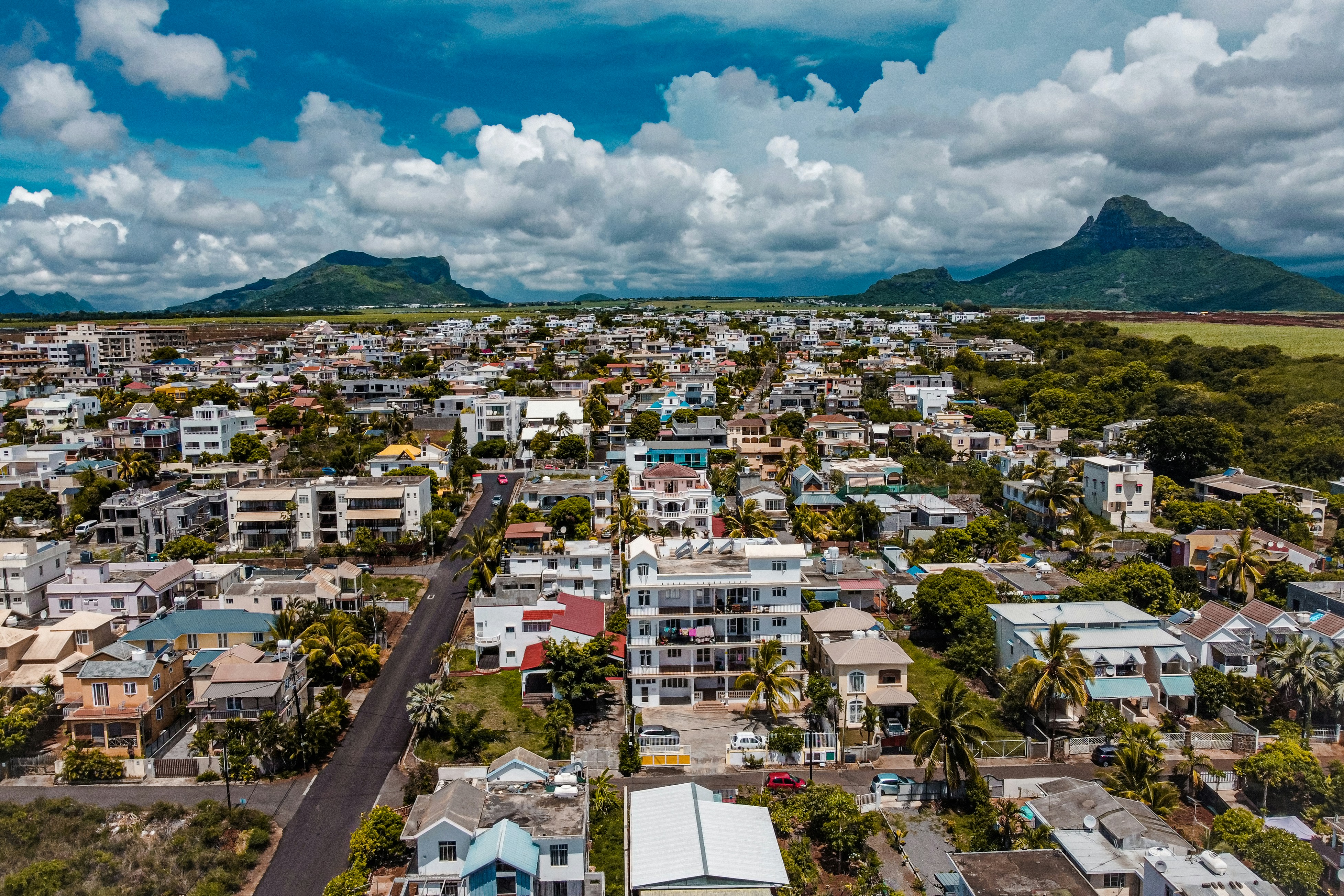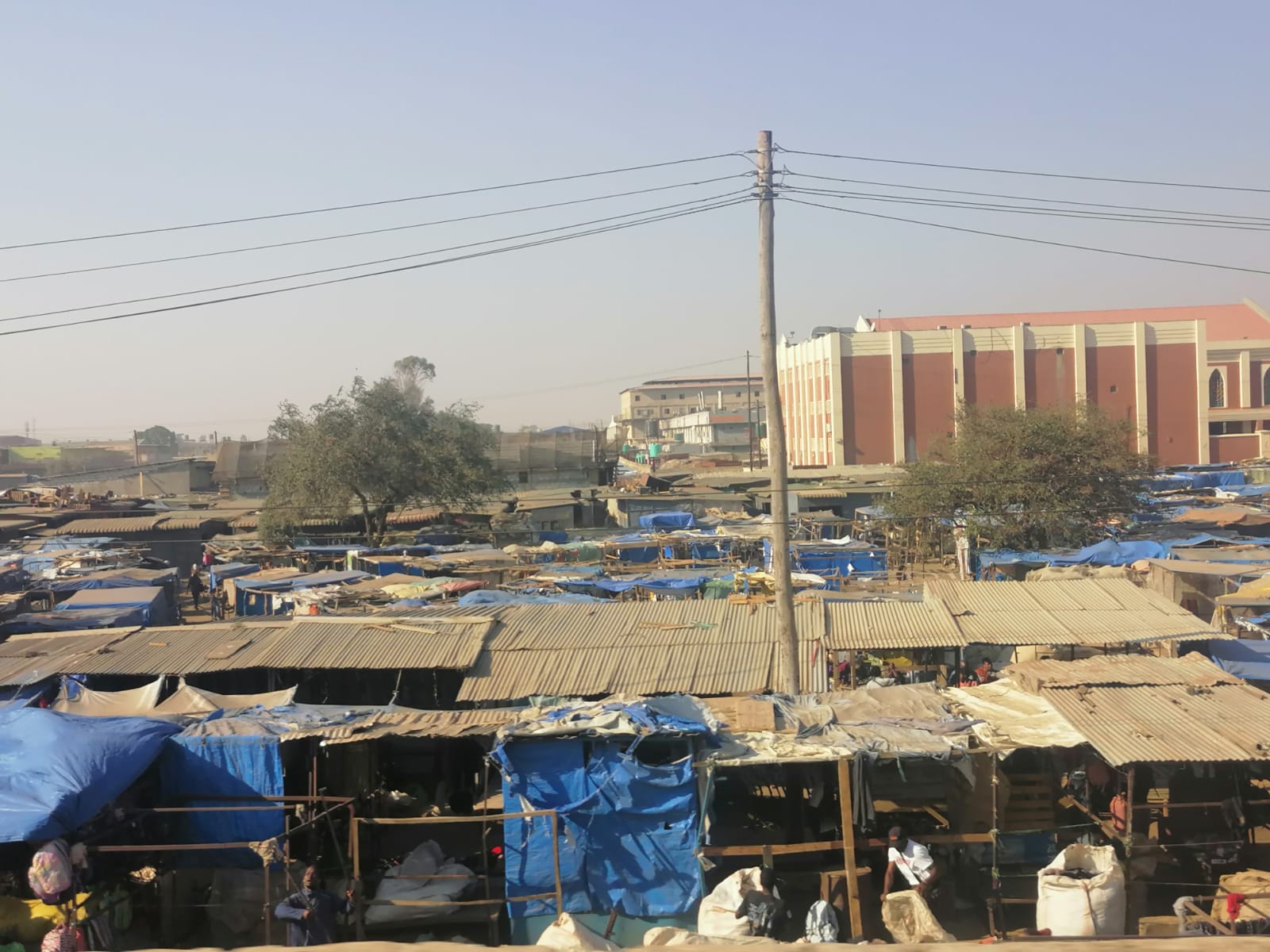Nature-based solutions (NbS) are increasingly understood to be effective and efficient options for addressing both mitigation and adaptation challenges in a wide range of settings. In urban contexts, they contribute to mitigation by sequestering and storing carbon in their biomass and in soils or by reducing the demand for cooling.
NbS are also powerful options to reduce climate risk by significantly lowering the impacts of climate hazards, such as reducing the impact of wave height and strength in coastal settings, dissipating flood risk through flood plains, and reducing urban heat by providing shade. At the same time, NbS contributes significantly to the provision of jobs, energy savings, ecosystem services, health, and biodiversity.
However, despite many political pledges and overwhelmingly positive benefit-to-cost ratios in the longer term, NbS are often difficult to implement. This is due to a range of challenges, including high investment costs with delayed returns on investment, regulatory frameworks not designed to address natural solutions, the need to involve many stakeholders with potentially differing interests, as well as difficulties in monetizing all the benefits to overcome potentially higher up-front costs when compared to engineering solutions.
Definition: Nature-based Solutions are “actions to protect, conserve, restore, sustainably use and manage natural or modified terrestrial, freshwater, coastal and marine ecosystems, which address social, economic and environmental challenges effectively and adaptively, while simultaneously providing human well‑being, ecosystem services and resilience and biodiversity benefits.”
Against this backdrop, the Danida-supported project ‘Implementation of Urban Nature-based Solutions for Mitigation and Adaptation’ supports the development of NbS in three medium-sized cities in Asia (Ahmedabad, India), Africa (Lusaka, Zambia), and a Small Island Developing State (Port Louis, Mauritius), facing different climate hazards, including heat, flooding, and coastal risks (sea-level rise, beach erosion, and storm surges).
The project works closely with local and national public and private stakeholders to assess NbS, focusing on the development of replicable implementation frameworks, business models, financing solutions (loans, grants, bonds, blended finance, insurance, etc.), risk reduction approaches (standards, risk sharing), integration and synergies with mitigation solutions (energy efficiency and renewable energies), and legal and regulatory frameworks to create enabling environments conducive to NbS.
The project focuses on showcasing how Nature-based Solutions (NbS) can complement and enhance climate adaptation and resilient urban planning, while also supporting mitigation efforts and helping to reduce climate risks.
To this end, the project works to ensure that the enabling conditions for planning and implementing urban NbS are created, particularly by:
- Supporting the integration and alignment of national and subnational policymaking and urban NbS
- Demonstrating the value-added of NbS and building a case for investments from the private sector and other financial institutions
- Building bridges across other climate and sustainable development priorities including cooling and energy efficiency strategies, the 2030 Targets, NDCs, NAPs, and others, and by
- Strengthening local capacities with stakeholders to understand and work with urban NbS in the context of its benefits for supporting local climate adaptation strategies-
After the project, national and subnational stakeholders in India, Mauritius and Zambia will be provided with options to adopt NbS to tackle climate-related hazards and will be able to have tools to strengthen the engagement of the private sector and other financial institutions in this endeavor.
The Urban Nature-based Solutions for Mitigation and Adaptation project is implemented by the UNEP Copenhagen Climate Centre and funded by the Ministry of Foreign Affairs of Denmark (Danida), in collaboration with CEPT University and Ahmedabad Municipal Corporation, India, Ministry of Infrastructure, Housing and Urban Development – MIHUD, and the Ministry of Environment, Solid Waste Management and Climate Change Mauritius









